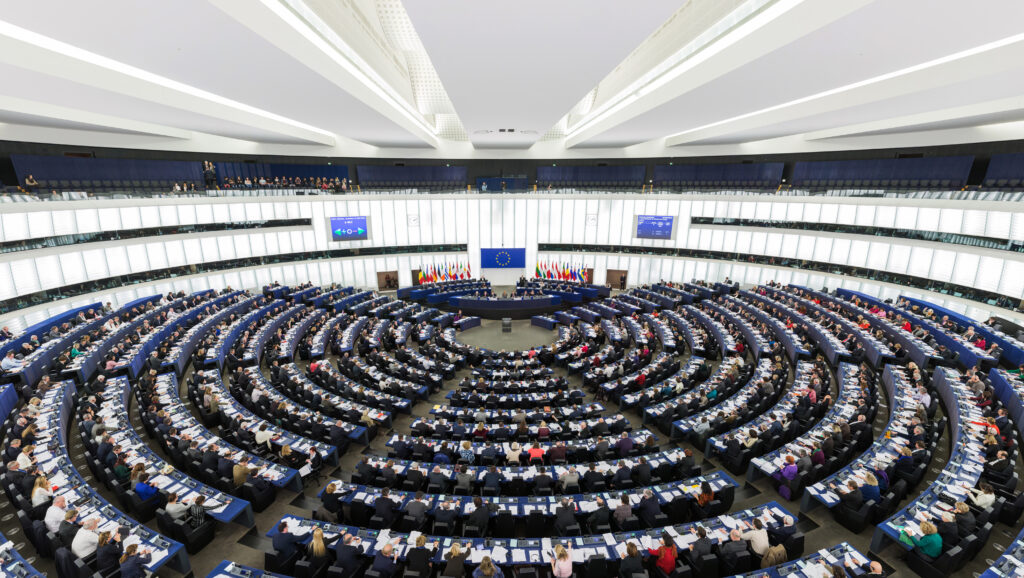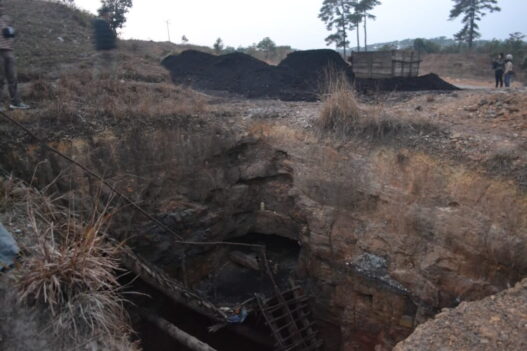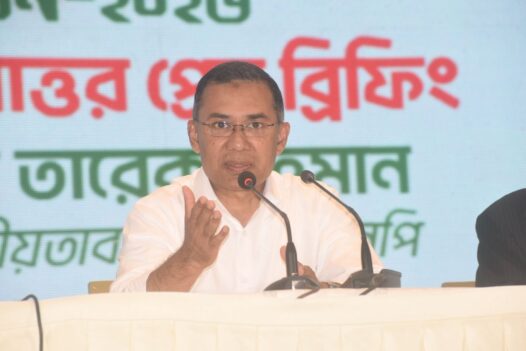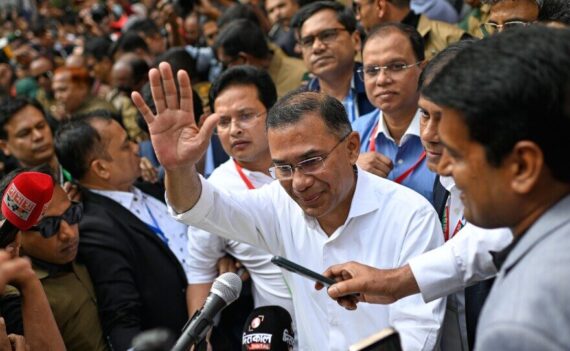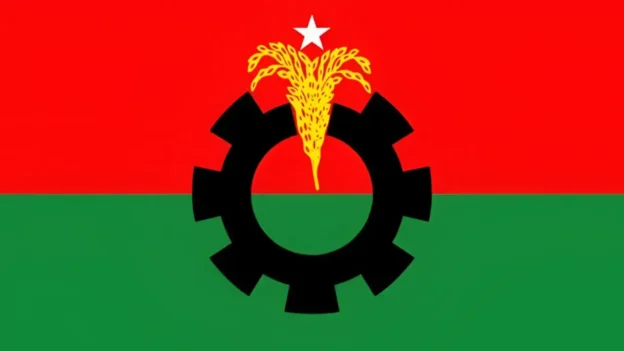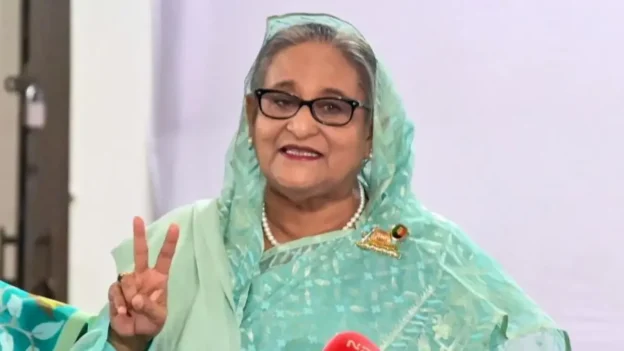India today took a firm stand on the reported attempt by a group of European Union (EU) parliamentarians to discuss the communal violence in Manipur and its impacts on people of the state. The Indian government through the office the ministry of the external affairs said the situation in Manipur is its “Internal Matter.” Earlier today July 12, a motion for “a resolution on India, the situation in Manipur,” was tabled for discussion under the breaches of human rights, democracy and the rule of law pursuant to Rule 144 of the Rules of Procedure of the EU parliament.
The Manipur situation and India’s response
India’s Foreign Secretary Vinay Mohan Kwatra said on Wednesday that the situation in Manipur is completely internal to India. The Indian diplomat said this in response to questions by journalists citing reports on possible efforts to persuade Members of the European Parliament (MEPs) not to hold a debate on the issue on the eve of Prime Minister Narendra Modi’s visit to France.
The European Parliament allowed a motion on Manipur to be tabled on the afternoon of July 12 by a group of EU parliamentarians representing various political groups. The motion – a resolution on India, the situation in Manipur – called for an immediate cessation of hostilities and urging all sides to exercise restraint. The Parliament has also called on the Indian government and all political and religious leaders to take urgent steps to restore calm and initiate an inclusive dialogue with the participation of civil society and affected communities as a way out of the crisis.
The resolution was will be put to vote tomorrow July 13.
Violent ethnic clashes erupted on May 3 2023 in Manipur between the Meitei people, a majority that lives in the Imphal Valley, and the tribal community from the surrounding hills, including the Kuki and Zo peoples. The long-standing dispute has to do with the demand by the Meiteis for a Scheduled Tribe status under the Indian Constitution, which would give them privileges comparable to the tribal communities. The violence in Manipur has left at least 120 people dead and 50,000 displaced since May 3.
Meanwhile, according to a report in a local Imphal based media Imphal Times top European lobbying firm, Alber & Geiger, which represents the Indian Embassy in the EU is all set to manage any potential diplomatic fallout as the European Parliament debates a resolution on the ongoing crisis in the Indian state of Manipur. The report further adds that the lobbying firm will table the Manipur issue to the EU plenary session between July 10 to July 13.
The Brussels-based firm’s statement to the Parliament is said to make the argument that the Indian government is already working to address the conflict and has established a Peace Committee in Manipur to facilitate communication between the parties. Further reports in the media have it that the that the law firm has also stated that since there is already a peace committee has been already up, “Therefore, the internal situation in Manipur should be discussed between the Parliament and India before such a harsh Urgency Resolution is discussed… “
Foreign Secretary Kawtra however did not make any comment on the reference to the European Law firm engagement on this particular issue. When asked to comment he simply acknowledged that India had made efforts to reach out to EU parliamentarians, but also emphasised that the matter was entirely within India’s jurisdiction.
The EU motion for resolution on Manipur
The parliamentary groups which has tabled the motion has condemned what it called “attacks on property protected by law, including churches and schools,” and called on the state authorities to ‘champion calm and restraint in order to achieve de-escalation.” The group which moved the motion represent various ideological formations such as the Left, Conservatives and centrists right-aligned political parties and Christian religious groups. It also has European Socialists, Green parties and regional political alliances.
The EU parliamentary groups claimed that “an undercurrent of religious intolerance towards the Christian minority in Manipur contributes to violence” and underscored the need for the state authorities too “always safeguard” freedom of religion and belief as it is a “fundamental human right, going beyond merely religious aspects.”
The group further called upon the State to expeditiously reinstate unrestricted access to the internet in the conflict zone, as according to it “the current limitations severely hinder the exercise of fundamental rights pertaining to freedom of speech and expression;
The EU parliamentary group Instructs its President to forward this resolution to the Vice-President of the Commission / High Representative of the Union for Foreign Affairs and Security Policy, EU Members States governments, the President, Prime Minister and Parliament of India.
The motion for resolution was moved by EU parliamentarians Željana Zovko, Sven Simon, Tomáš Zdechovský, Ivan Štefanec, Janina Ochojska, Michaela Šojdrová, Vladimír Bilčík, David Lega, Jiří Pospíšil, Andrey Kovatchev, Antonio López-Istúriz White, Inese Vaidere, Seán Kelly on behalf of the PPE Group or the Christians Democrats. The groups of parliamentarians range from the Left, European Socialists and Greens to regionalist parties, Conservatives and centre-right political and Christian groups.
While calling for action from the Indian government, the motion the EU parliamentarians who moved the motion claimed that the violence in Manipur was “a religious attack,” and that it has been “effectively carried out, resulting in churches attacked in over 200 Kuki villages with one or multiple churches destroyed, as well as mobs attacking the Catholic Church and its institutions in at least 10 locations.”
The motion also claimed that there was a backsliding of democracy in India which is result of stifling of freedom of expression and democratic dissent. It urged the Indian government and all political and religious leaders to take urgent steps to restore calm and initiate an inclusive dialogue with the participation of civil society and affected communities as a way out of the crisis. In addition, the Parliament called on the State authorities to adhere to the UN basic principles on the use of force and firearms by law enforcement officials and to allow unhindered humanitarian aid to the affected people.
Finally, the EU parliamentary group also called on the Indian government and local authorities to launch an independent investigation into the violence and to allow access to international observers and journalists.

